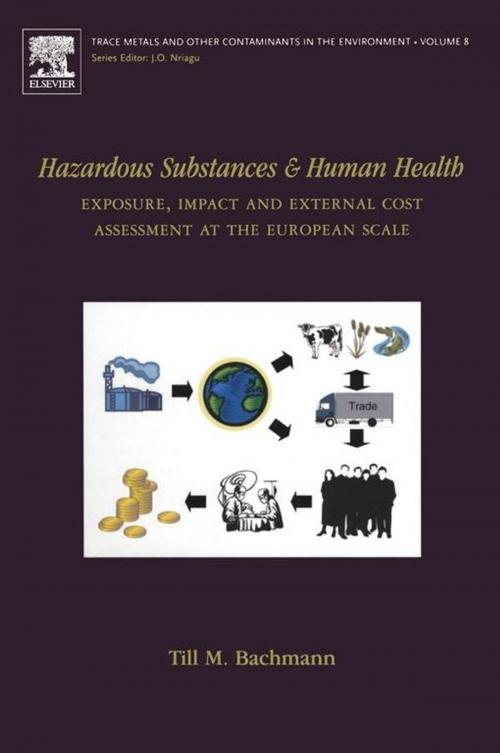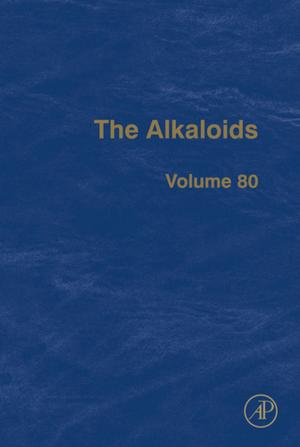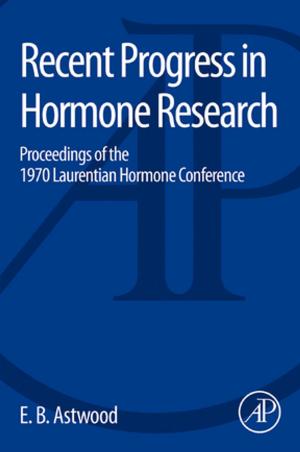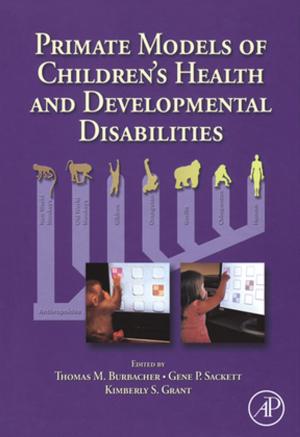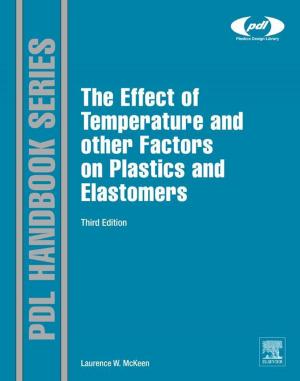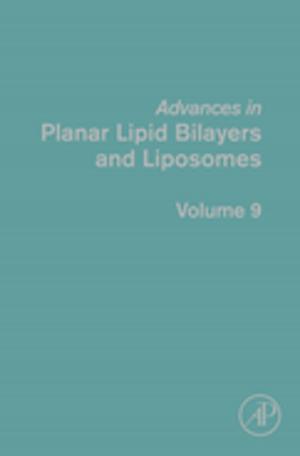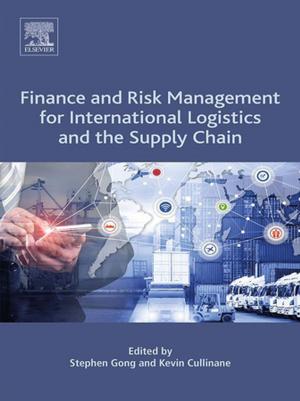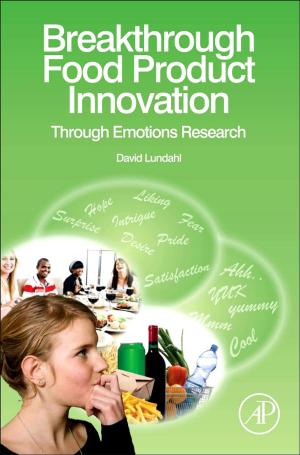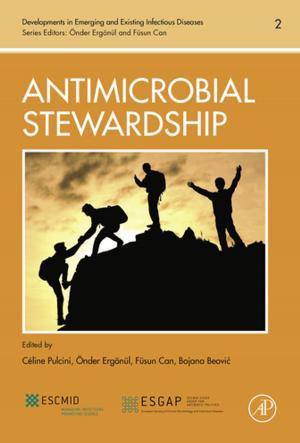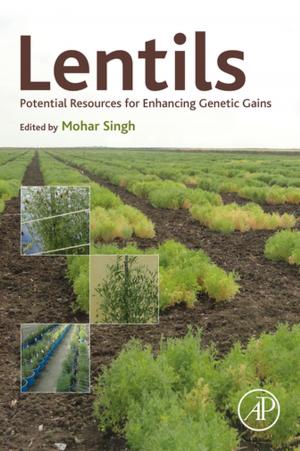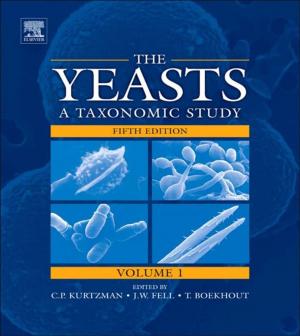Hazardous Substances and Human Health
Exposure, Impact and External Cost Assessment at the European Scale
Nonfiction, Health & Well Being, Medical, Reference, Health Risk Assessment, Science & Nature, Technology, Industrial Health & Safety, Business & Finance| Author: | Till M Bachmann | ISBN: | 9780080462523 |
| Publisher: | Elsevier Science | Publication: | March 2, 2006 |
| Imprint: | Elsevier Science | Language: | English |
| Author: | Till M Bachmann |
| ISBN: | 9780080462523 |
| Publisher: | Elsevier Science |
| Publication: | March 2, 2006 |
| Imprint: | Elsevier Science |
| Language: | English |
There is widespread public concern about hazardous chemicals that are contained in air, soil, water and food. Policy has therefore adopted a series of laws and regulations concerning emissions into and concentration levels in different media including food. As policy makers do not only have to consider the protection of the environment but also need to ensure a well-functioning economy at the same time, these limit or target values need to be set in a balanced way. The main problem, however, is to compare the costs for achieving these targets with the benefits to society by having a smaller exposure to hazardous substances (cost-benefit analysis).
This book sets out to improve the reliability of cost-benefit analyses particularly of hazardous substances present in air, water, soil and food. It suggests that the human health risk assessment of chemicals is performed in a bottom-up analysis, i.e., following a spatially resolved multimedia modelling approach. In order to support cost-benefit analyses, the approach is accompanied by monetary valuation of human health impacts, yielding so-called external costs. Results for selected priority metals show that these external costs are small compared to those by the classical air pollutants and involve rather long time horizons touching on the aspect of intergenerational equity within sustainable development. When including further hazardous substances, the total external costs attributable to contaminants are expected to be more substantial.
There is widespread public concern about hazardous chemicals that are contained in air, soil, water and food. Policy has therefore adopted a series of laws and regulations concerning emissions into and concentration levels in different media including food. As policy makers do not only have to consider the protection of the environment but also need to ensure a well-functioning economy at the same time, these limit or target values need to be set in a balanced way. The main problem, however, is to compare the costs for achieving these targets with the benefits to society by having a smaller exposure to hazardous substances (cost-benefit analysis).
This book sets out to improve the reliability of cost-benefit analyses particularly of hazardous substances present in air, water, soil and food. It suggests that the human health risk assessment of chemicals is performed in a bottom-up analysis, i.e., following a spatially resolved multimedia modelling approach. In order to support cost-benefit analyses, the approach is accompanied by monetary valuation of human health impacts, yielding so-called external costs. Results for selected priority metals show that these external costs are small compared to those by the classical air pollutants and involve rather long time horizons touching on the aspect of intergenerational equity within sustainable development. When including further hazardous substances, the total external costs attributable to contaminants are expected to be more substantial.
